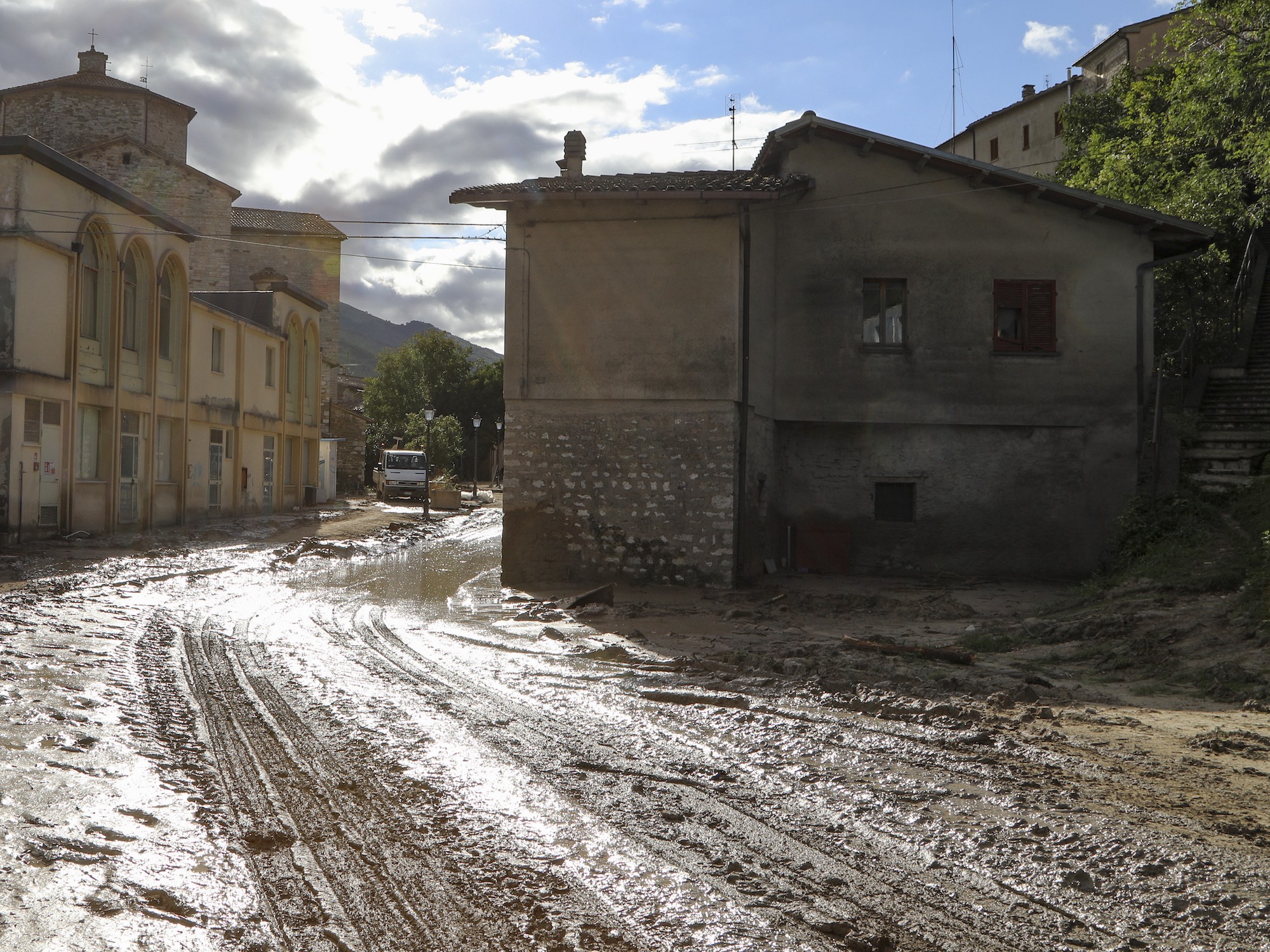Last week the IPCC “Cities and Climate Change Science Conference: Fostering new scientific knowledge for cities based on science, practice and policy“ (CitiesIPCC) met its objective to inspire the next frontier of research focused on the science of cities and climate change. More than 750 delegates from over 75 countries met in Edmonton, Canada, to assess the current state of academic and practice-based knowledge connected to cities and climate change, identify key knowledge gaps and priorities, and plan the way forward for researchers, practitioners, and urban policy makers.
The three-day conference focused on four major themes: Cities and Climate Change; Urban Emissions Impacts and Vulnerabilities; Solutions for the Transition to Low Carbon and Climate Resilient Cities and Enabling Transformative Climate Action in cities.
Nine background papers were developed by the scientific steering committee to inform the conference discussions on these topics.
Representatives from all levels of government, international institutions, research organizations, academia, and urban and climate change networks worked together to build the foundation necessary for increased global collaboration and cooperation on scientific research, funding, and knowledge-sharing. Over the course of the event, they developed a global research agenda aimed at producing the knowledge needed to ensure low-carbon and climate-resilient development pathways, while exploring big ideas on innovation in urban design and infrastructure, governance and policy, technology, and the essential role of city residents in facilitating change.
The main conference output is the establishment of a global blueprint to better understand climate change, its impacts on cities, and the critical role of local communities in addressing this challenge. The consensus is that transformations must happen now. Stakeholders highlighted the most urgent needs in three key areas:
- Inclusion and social transformation: justice and equity, power asymmetries and structural barriers, most vulnerable populations and ecosystems, the challenges and opportunities of informality, and innovative forms of governance and institutions;
- Improving evidence-based information: boundaries of urban systems; exploring trade-offs and synergies of climate change mitigation and adaptation; data, scenarios and modelling at the city; level; robust climate and urban information; inequity in data gaps; mapping informal settlements; and the potential and benefits of nature-based solutions;
- Funding and finance: the role of banks, insurance companies and developers in climate action/inaction; and translation of costs and benefits of climate actions across multi-economic sectors (e.g. private/finance);
Regional and global research inspired by the conference is intended to lead to peer-reviewed publications and scientific reports, and stimulate research on cities and climate change throughout the Intergovernmental Panel on Climate Change (IPCC) 6th Assessment Report (AR6) cycle. Its outcomes are anticipated to inform the upcoming IPCC reports, and support cities and citizens in building low-carbon, climate-resilient and sustainable cities towards the implementation of the Paris Agreement on climate change, the New Urban Agenda and the Sustainable Development Goals (SDGs).
Research inspired by the conference will help inform a special IPCC report on cities, and support local level implementation of the Paris Agreement, the New Urban Agenda, and the 2030 Agenda for Sustainable Development.
The conference was co-sponsored by the Intergovernmental Panel on Climate Change (IPCC), C40 Cities, Cities Alliance, Future Earth, ICLEI, the Sustainable Development Solutions Network (SDSN), United Cities and Local Governments (UCLG), the United Nations Environment Programme (UN Environment), UN-Habitat, and the World Climate Research Programme (WCRP).
View the conference trailer:






